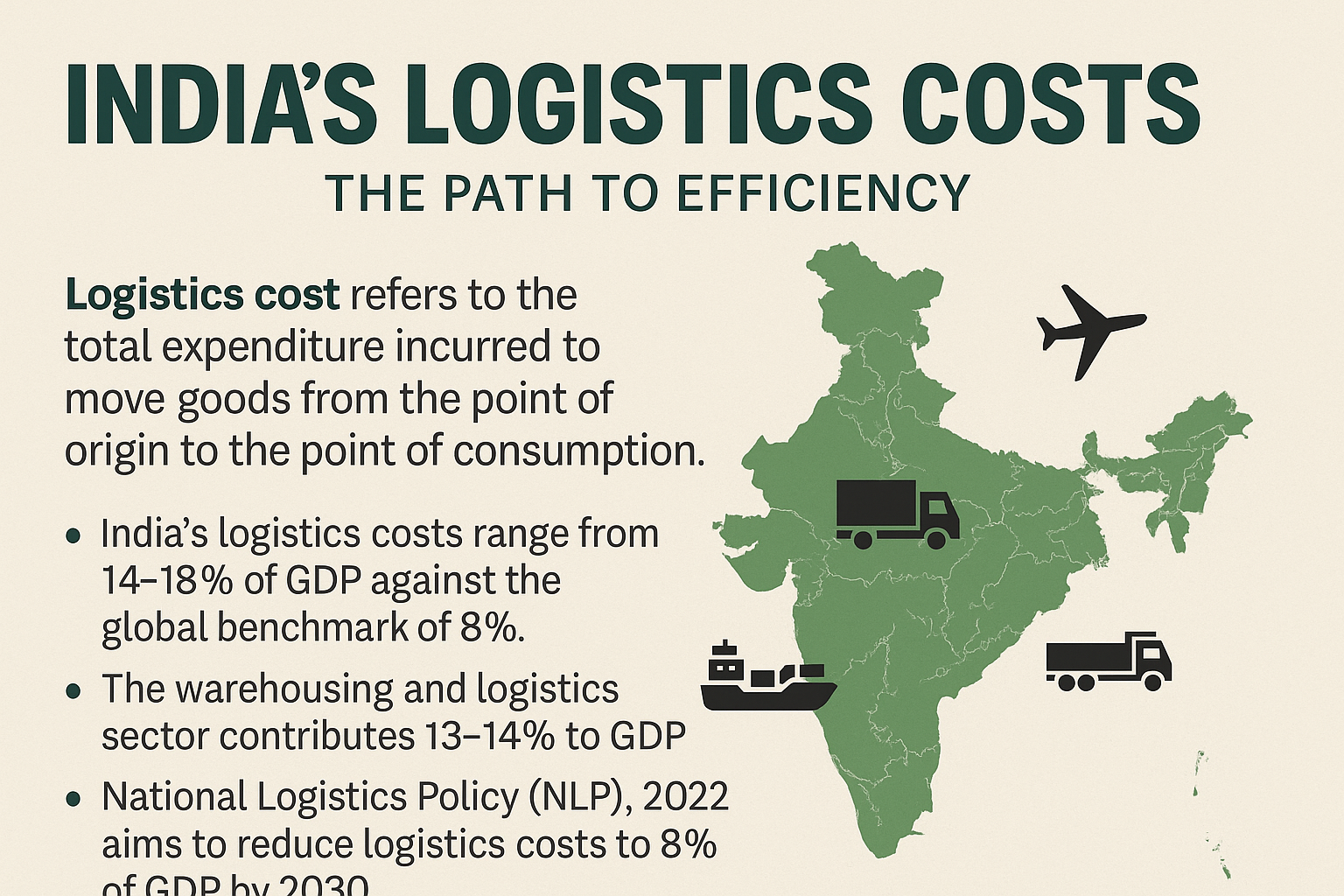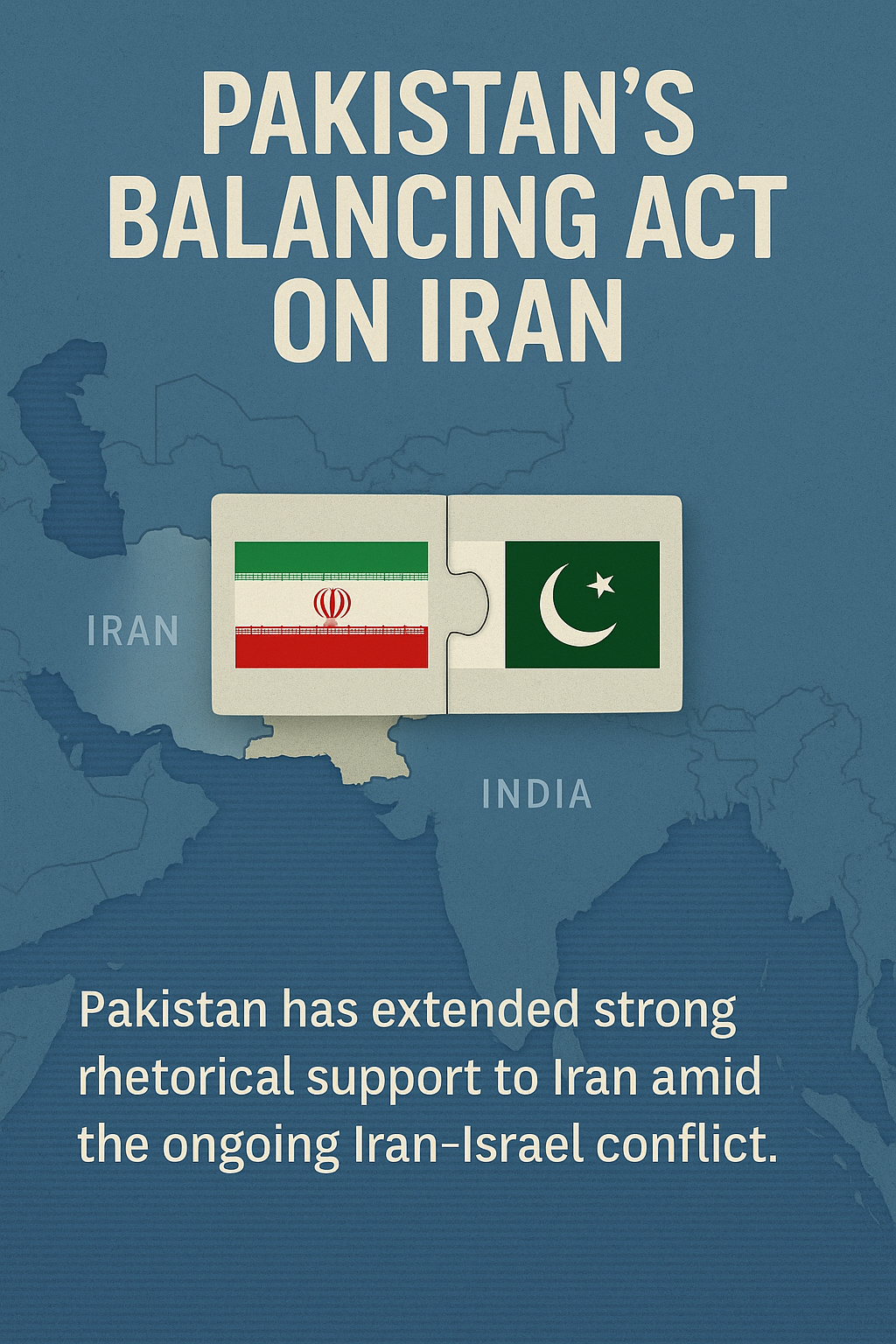078.
Tribal Affairs & Indigenous Rights
The Shompens of Great Nicobar: A Silent Struggle for Survival 🌿🌊
Amid the roar of development, the soft voices of the Shompens — a Particularly Vulnerable Tribal Group (PVTG) — are being drowned out. As the Great Nicobar Project moves ahead, concerns are rising over its irreversible impact on their land, culture, and fragile existence.
🧬 Who Are the Shompens?
- One of India’s least-contacted PVTGs, residing in the Great Nicobar Islands.
- Population: 229 (Census 2011)
- Dependent on evergreen tropical forests for food, medicine, and shelter.
- Diet includes pandanus fruit, seafood, and wild game.
- Maintain a matrilineal social structure with strong kinship bonds tied to land use.
🏗️ The Great Nicobar Project: Development vs. Displacement
A mega infrastructure push includes:
- 🚢 International Container Transshipment Terminal
- 🛫 Greenfield Airport
- 🔋 Power Plants and urbanisation
🛑 Forests Impacted:
- 130.75 sq km of pristine jungle
- Total land required: 166.10 sq km
“This is not just deforestation. It’s cultural erasure,” warns Prof. Vishvajit Pandya.
🧠 Cultural Fragility
- The Shompens’ land is sacred, intertwined with marriage customs and clan identity.
- Loss of forest = loss of livelihood, cultural continuity, and ritual spaces.
- External contact risks cultural dilution and dietary disruption through non-traditional foods.
🏥 Health Vulnerabilities
- 📉 A significant population drop was recorded after an epidemic in the 1990s.
- 🔬 Recent reports show cases of anaemia, respiratory issues, and poor access to healthcare.
- Minimal-contact approach is critical to prevent disease outbreaks.
🌱 Resilience Amid Fragility
- Slowly adopting agriculture, without losing touch with their forest-based lifestyle.
- Expert in botanical knowledge — use forest plants for food, shelter, medicine, and tools.
- Resistance to change stems from deep ecological wisdom, not ignorance.
🛡️ What Needs to Be Done?
| Concern | Required Action |
|---|---|
| Forest loss | Halt development near sacred and livelihood zones |
| Health risks | Culturally sensitive, low-contact medical support |
| Cultural displacement | Emic (insider-led) research and community-guided education |
| Infrastructure expansion | Free, Prior and Informed Consent (FPIC) must be ensured |
🔮 Future Directions
- Empower the Shompens by listening — not prescribing.
- Support tribal autonomy, not assimilation.
- Preserve the forest, preserve the people.
🕯️ In the shadows of the rainforest, a people wait — not for saviours, but for silence to be heard. Will we listen in time?















